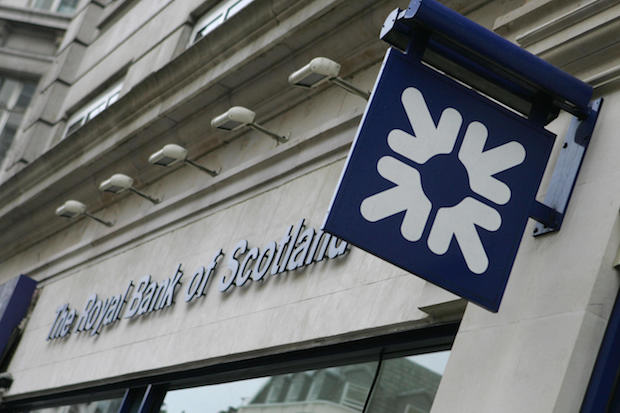On Friday, RBS announced plans to close 259 of its bank branches. That’s a quarter of its outposts. 62 of the closures are Royal Bank of Scotland branches, while the other 197 are NatWest. This isn’t the only announcement of bank closures in the past couple of days, either. Lloyds are also closing 49 branches, and Yorkshire Building Society are closing 13 – but the RBS closures are certainly the most dramatic, and the ones that will affect the most people.
Of course, yet again the reason given to the public for these closures is that the bank branches are underused. It’s the standard argument; more customers are using online services for their banking, which means that high street branches are less popular. RBS claim that the use of their bank branches has dropped by 40% since 2014.
I can see their point. Why bother keeping branches open – or paying the 680 people needed to keep open the 259 branches that are being closed – when the footfall is small, and the majority of customers simply transfer cash and pay their bills online?
But as one customer commented when asked about her views on the closures: ‘How will I be able to do my banking now?’. Because as much as the banks argue that the numbers of people doing online or mobile banking has increased, there are still huge swathes of the population who don’t, or can’t, do their banking online. These people – mostly the elderly and those living in rural areas – are the ones most likely to be utterly stuffed by bank closures. It might seem second nature to many of us to simply swipe open an app and look at your bank balance or check a direct debit, but for older generations it isn’t that simple. And despite the government’s promises to roll out decent rural broadband and 4G services nationwide, the fact is that some people who might like to try online banking simply can’t.
The majority of the branches being closed by RBS are in the South West and Wales – not a famously urban area; and there are of course sixty-two branches due to be closed across Scotland. All banks have staff in place who can help customers find alternative banking solutions, with options including the Post Office. The problem is, Post Office branches are closing almost as quickly as the banks are.
The Unions have called RBS’s decision ‘morally bankrupt’ and asked why the government – who, after all, own 71 per cent of RBS – are allowing the closures to go ahead. But it’s unlikely that any of that will make any difference. Like the recent decision by Link to close many of the country’s free ATMs, it’s the elderly and those living in rural areas who will suffer the most, and no amount of new NatWest app upgrades will solve their woes.







Comments